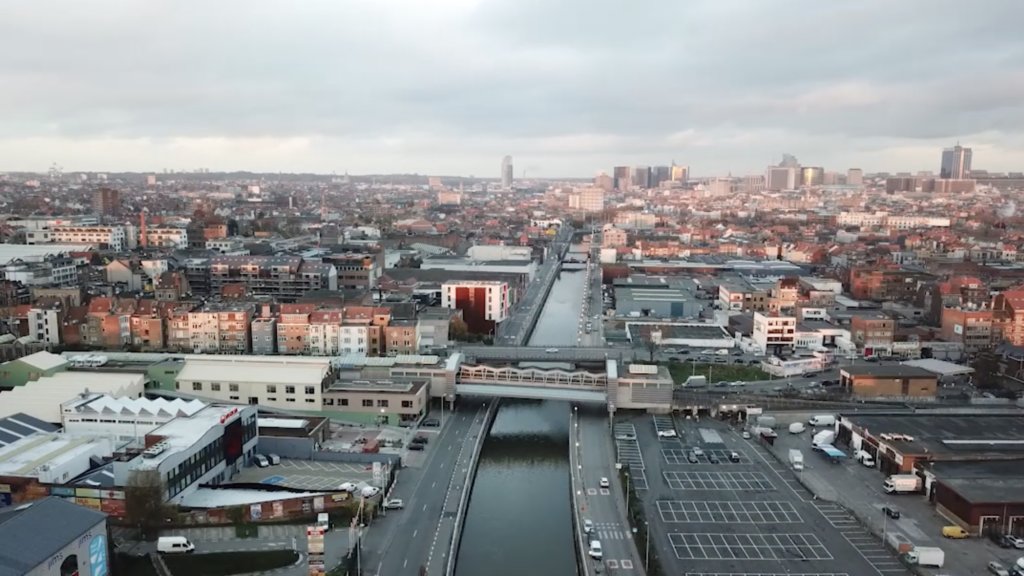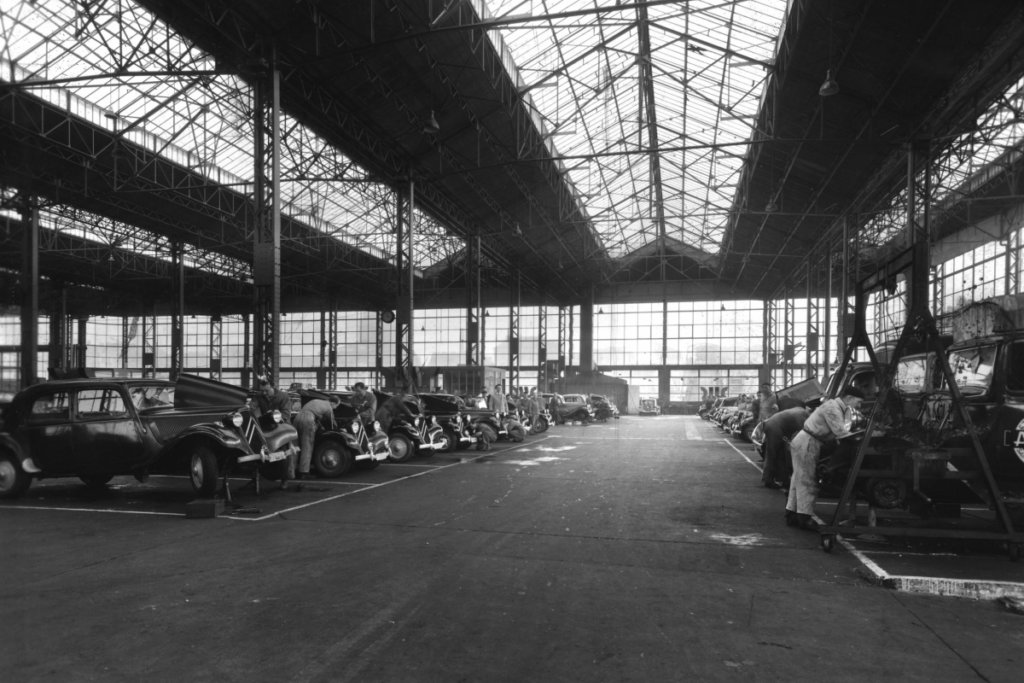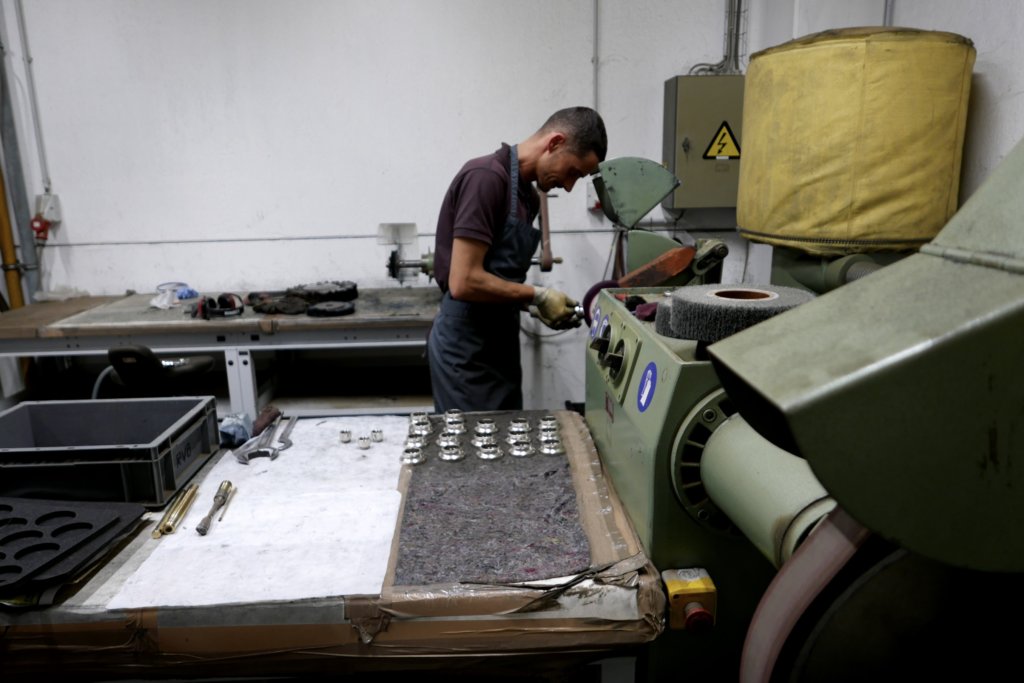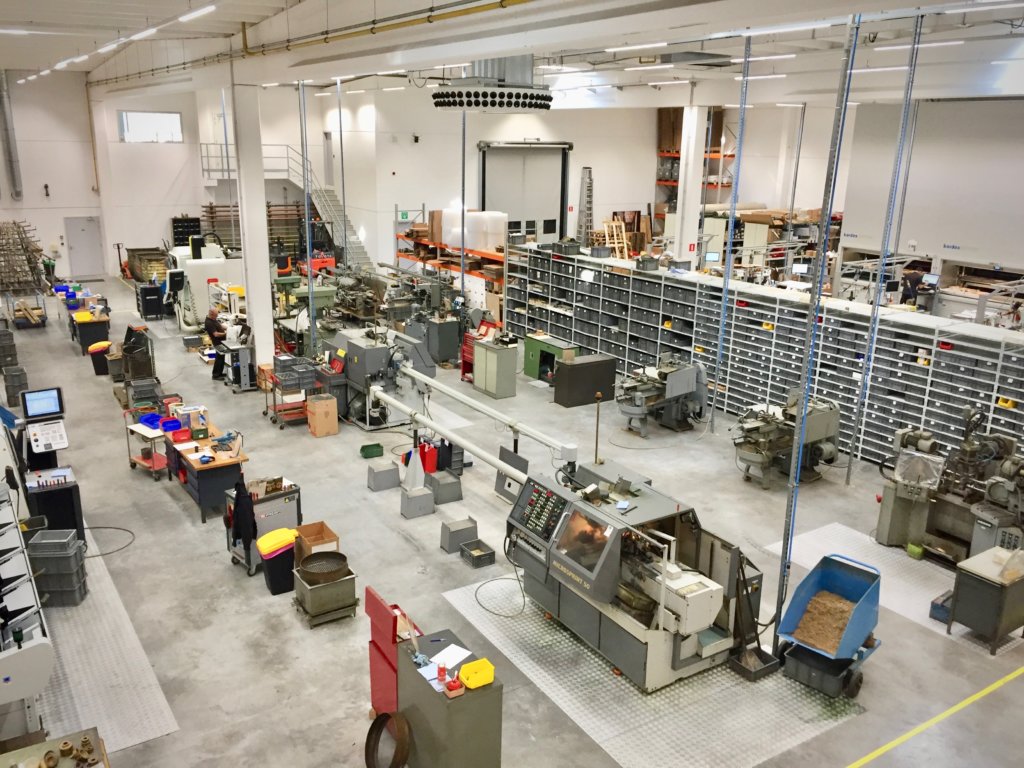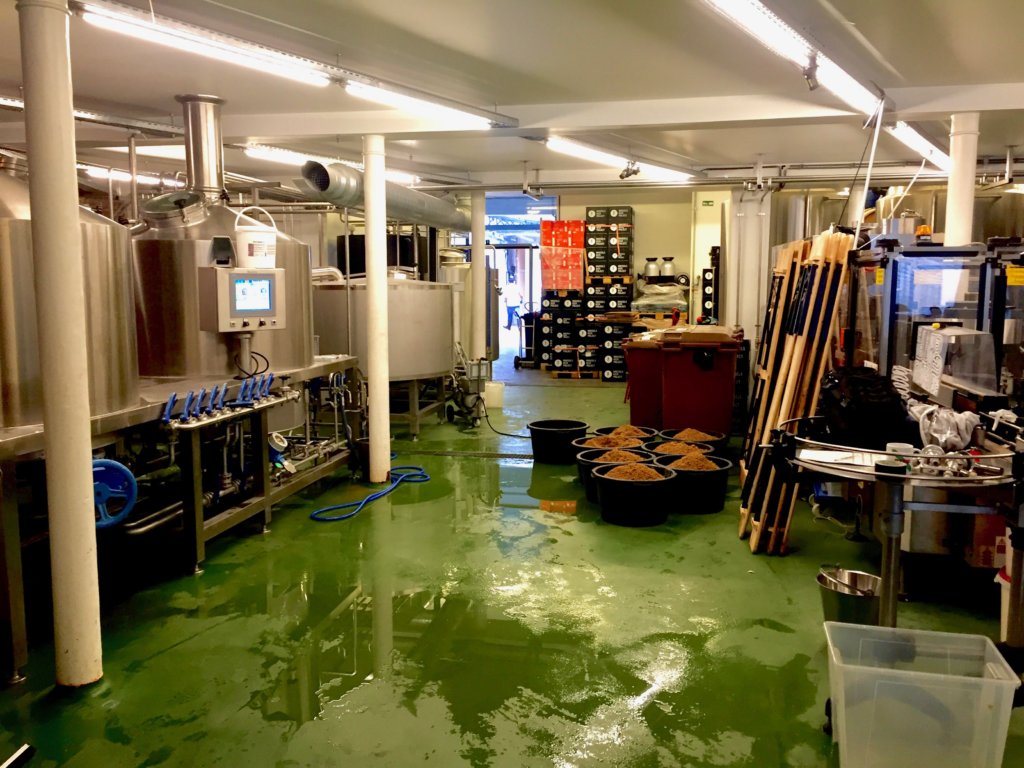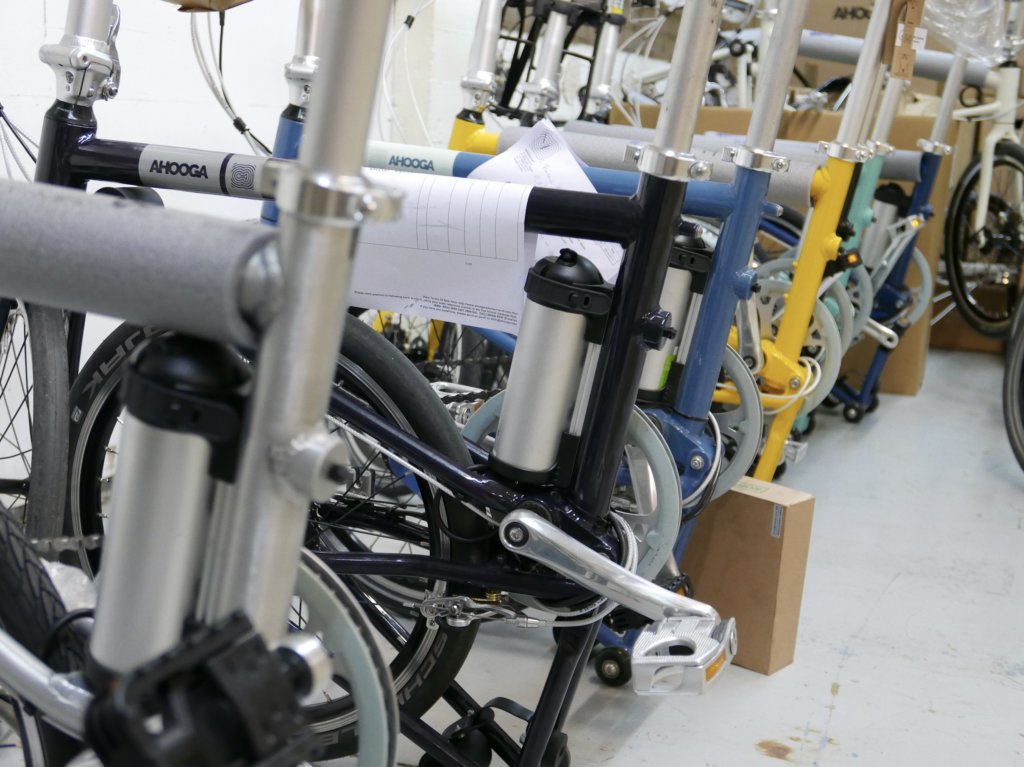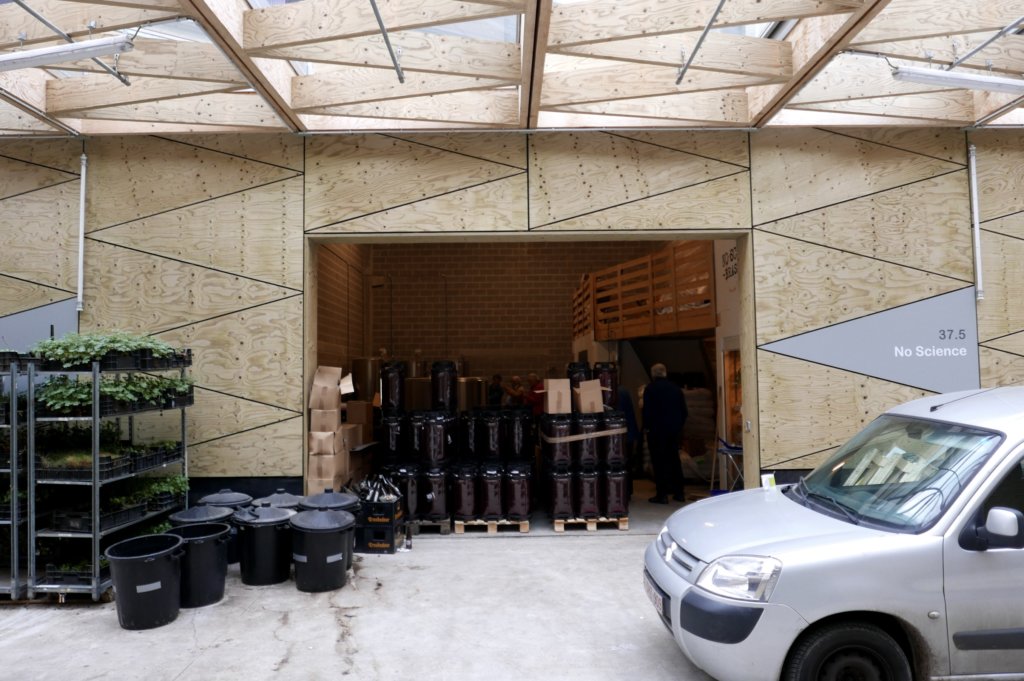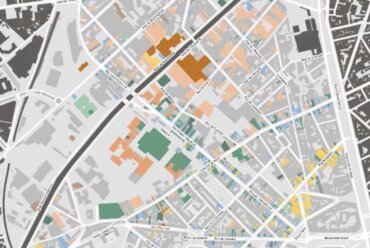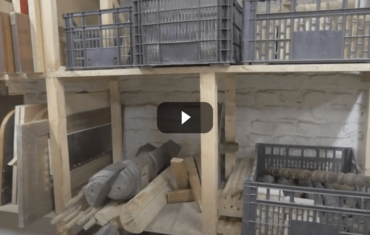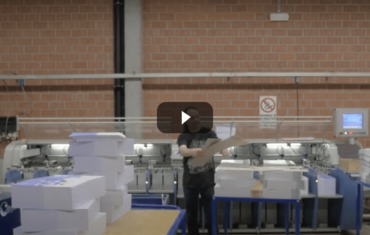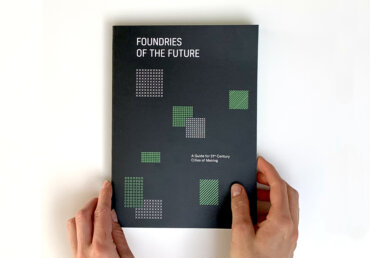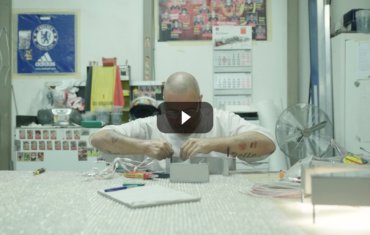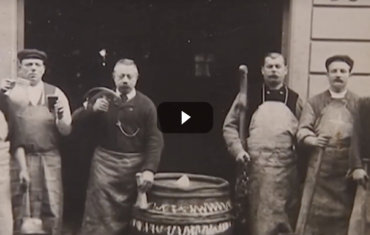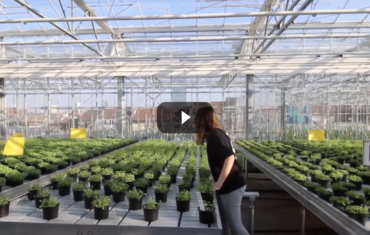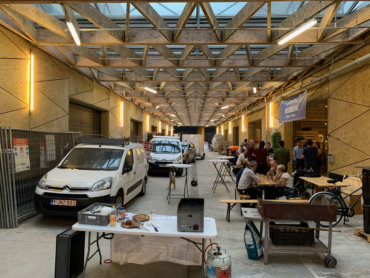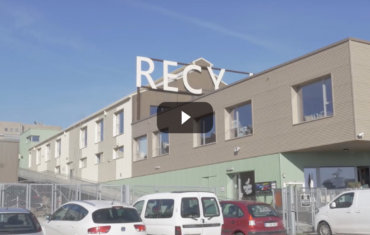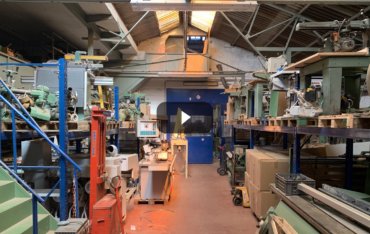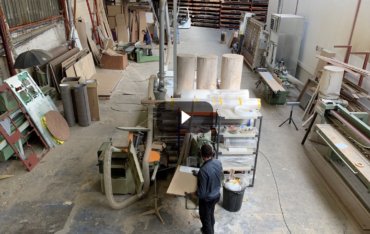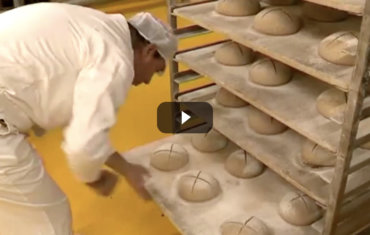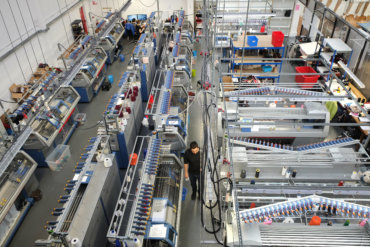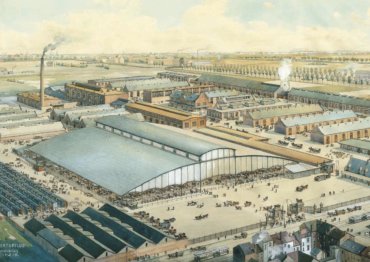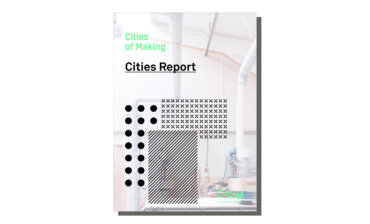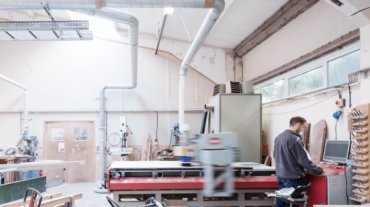Brussels was one of the pioneering centres of the industrial revolution in mainland Europe while now claiming one the lowest levels of manufacturing for a European city. It is a city of two language groups, the seat of three capitals, it is perhaps Europe’s most cosmopolitan regions with one of Europe’s highest per capita incomes rates while also suffering some of the highest levels of unemployment for a major European city.
Until the 1960’s, some 60% of jobs were associated with industrial activities – making Brussels one of the most industrial centres per capita in Europe. The city was home to a diverse manufacturing sector, specialising in metals, printing and vehicle production thanks to one of Europe’s densest rail networks drawing in a vast pool of labor from the Flemish and Walloon hinterland. It was supported by stable coal supplies in the Ardennes, access to a large local consumer market in Belgium and beyond and its good location on the canal and a rail route connecting Paris to Cologne and Amsterdam.
However since the 1960’s, the city experienced a radical transformation of its economy. The development of the service sector, and growth of its international functions and European institutions, have rendered Brussels one of the least industrial cities in Europe, with industrial jobs representing a modest 3% of total employment. The process of relocating Brussels’ manufacturing continues. Industry and productive activities in general have been weakened by demands for housing and office space, focusing on the highly mixed inner-city workers’ neighbourhoods which are being acquired by both private and public developers. Unemployment rates ranging from 20-40% are common in some neighbourhoods, putting pressure on politicians to look for replacements for lower skilled jobs that industry once offered.
Manufacturing activities are far from gone. Brussels is home to two major assembly plants (Audi and SABCA), a host of niche biotech firms and specialists in sensor based technology. Furthermore, with an ambitious regional circular economy plan, pioneering development in grass-roots social innovation and greater integration of socio-economic actors within the local economy, Brussels is positioning itself, albeit informally, as a hub for locally focused making.
